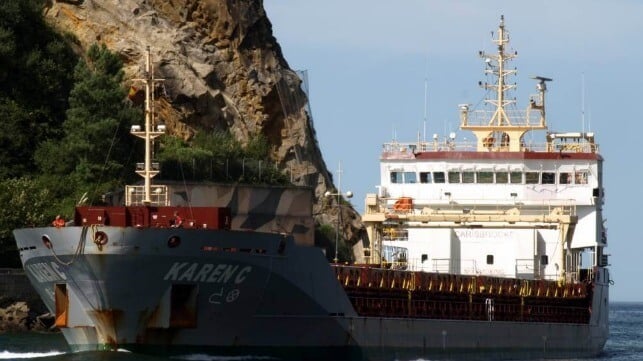Innovative Project to Validate Hydrogen Combustion Engines for Ocean-Going Vessels
Key Ideas
- A partnership led by Carnot Engines in collaboration with Carisbrooke Shipping and Compact Syngas Solutions is set to conduct sea trials of a hydrogen combustion engine aboard a cargo ship in March 2025.
- Waste-to-hydrogen producer Compact Syngas Solutions will supply 200 kg of hydrogen for the trials, sourced from biomass, as part of the UK government's initiative in decarbonization.
- Carnot Engines aims to demonstrate the efficiency of hydrogen combustion engines using technical ceramics, reporting a break thermal efficiency of 70 percent and a significant reduction in fuel consumption and costs.
- The project envisions scaling up the technology for long-distance ocean-going vessels, highlighting the potential of hydrogen combustion engines as a compelling solution with zero emissions above a certain air-to-fuel ratio.
A pioneering project is underway to validate hydrogen combustion engines for ocean-going vessels, with a focus on the efficiency and environmental benefits of this technology. The partnership, spearheaded by Carnot Engines and funded through the UK government's decarbonization initiatives, will conduct sea trials in March 2025 on a cargo ship operated by Carisbrooke Shipping. Compact Syngas Solutions, a waste-to-hydrogen producer based in Wales, will supply 200 kg of hydrogen sourced from biomass for the trials. The project aims to demonstrate the viability of hydrogen combustion engines for long-distance cargo ships, emphasizing their efficiency and reduced emissions. Carnot Engines, utilizing technical ceramics in the engines, projects a break thermal efficiency of 70 percent, highlighting the potential to significantly lower fuel consumption and costs. The upcoming trial in the Irish Sea will mark a crucial step in testing and scaling up this innovative technology for the maritime industry, with the ultimate goal of developing larger hydrogen-powered main engines.
